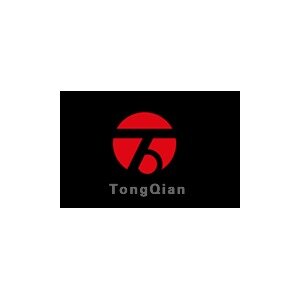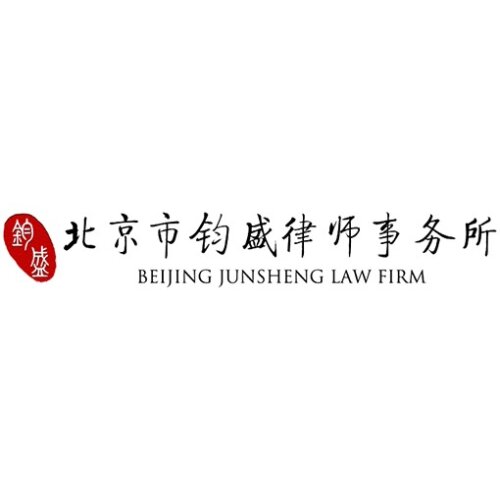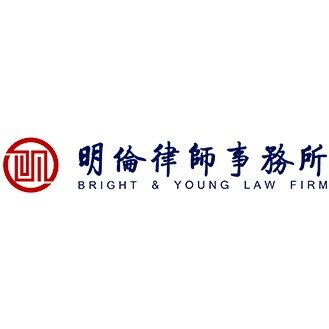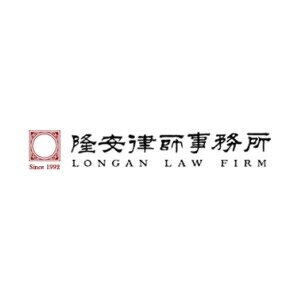Best Employment & Labor Lawyers in China
Share your needs with us, get contacted by law firms.
Free. Takes 2 min.
Or refine your search by selecting a city:
List of the best lawyers in China
China Employment & Labor Legal Articles
Browse our 2 legal articles about Employment & Labor in China written by expert lawyers.
- Wrongful Termination in China:Severance Pay vs Reinstatement
- China is not an at-will jurisdiction: almost every unilateral dismissal must fit a narrow statutory ground, follow strict procedures, and be well documented. If a termination is ruled illegal, courts can order reinstatement plus back pay or award double severance (2N); employers cannot rely on paying standard severance to "buy... Read more →
- China Non-Compete Agreements: New Limits and Compensation
- In China, enforceable non-compete agreements are mainly for senior management and key technical or confidential staff, not for ordinary or low-level workers. The Supreme People's Court Interpretation II introduces the "30% rule": if the contract is silent, the employer must pay at least 30% of the employee's average monthly salary... Read more →
About Employment & Labor Law in China
Employment and Labor Law in China primarily governs the relationship between employers and employees. It provides regulations on labor contracts, working hours, wages, occupational safety, and social insurance, among other matters. The foundation of these laws is derived from the Labor Law of the People's Republic of China and the Labor Contract Law, which aim to protect the legitimate rights and interests of laborers while promoting harmonious employment relationships.
Why You May Need a Lawyer
Employment and labor issues can be complex, and there are several situations where lawyers can provide valuable assistance. Common scenarios include disputes over employment contracts, wrongful termination, workplace discrimination, unpaid wages or overtime, and breach of labor standards. A lawyer can help interpret the legal jargon, represent you in negotiations or court, and ensure your rights are protected in the workplace.
Local Laws Overview
China's employment law system incorporates several key aspects:
- Labor Contracts: Employment relationships must be formalized with a written contract within one month of hiring.
- Working Hours: Standard working hours are 8 hours per day and 40 hours per week, with specific provisions for overtime compensation.
- Wages: There are legal requirements for minimum wages, timely payment, and additional wages for overtime or special circumstances.
- Social Insurance: Employers are required to contribute to employees' social insurance funds, including pension, medical, unemployment, work-related injury, and maternity insurance.
- Termination and Severance: There are strict guidelines for lawful termination of employees and calculations for severance pay.
- Non-Compete Clauses: Legal provisions exist for enforcement of non-compete agreements post-employment, usually with compensation for the employee.
Frequently Asked Questions
What are the mandatory components of a labor contract in China?
A labor contract in China must include essential terms like job description, workplace, salary, work hours, rest and leave, insurance, and contract duration.
What constitutes wrongful termination?
Wrongful termination occurs when an employer dismisses an employee without legal grounds or proper procedure, such as lack of notice or severance pay.
How is overtime calculated?
Overtime is compensated at 150% of standard wages on weekdays, 200% on rest days (if rest is not offered in lieu), and 300% on public holidays.
Are non-compete clauses enforceable?
Non-compete clauses are enforceable if they are reasonable in scope, duration (usually up to two years), and geographical limitation. Employers must provide financial compensation during this period.
What recourse do employees have for unpaid wages?
Employees can file a complaint with local labor authorities or take legal action for unpaid wages. A lawyer can assist in preparing and presenting the case.
Is there a statutory minimum wage in China?
Yes, minimum wages are set by local governments and vary by region, reflecting the cost of living and economic conditions in those areas.
What are the rules regarding workplace discrimination?
Employment laws in China prohibit discrimination based on factors like race, ethnicity, gender, religion, or disability. Victims can seek redress through legal channels.
How is severance pay calculated?
Severance pay is generally one month's salary for each year of service, with pro-rata calculations for periods less than a year and capped amounts for high earners.
Can an employer change the terms of employment unilaterally?
Employers cannot unilaterally change significant terms of the employment contract, like salary or job role, without the employee's consent.
What are the legal requirements for foreign workers in China?
Foreign workers must hold a valid work permit and residence permit, and employment contracts must comply with Chinese labor laws, often necessitating special considerations.
Additional Resources
Here are some additional resources that can assist those seeking employment and labor advice in China:
- The Ministry of Human Resources and Social Security: Provides guidelines and regulations related to employment and labor.
- Local Labor Bureaus: Offer avenues for registering complaints and mediation resources for labor disputes.
- Legal Aid Centers: Some offer free legal aid services to underprivileged workers facing labor issues.
- Trade Unions: Can provide support and representation in labor disputes.
Next Steps
If you need legal assistance, consider the following steps:
- Define your objectives clearly and gather all relevant documentation.
- Consult with a qualified employment and labor lawyer who can offer tailored advice.
- Explore mediation and alternate dispute resolution options if applicable.
- If litigation is necessary, work closely with your lawyer to prepare your case.
- Stay informed about your rights and responsibilities under Chinese labor laws to prevent future issues.
Lawzana helps you find the best lawyers and law firms in China through a curated and pre-screened list of qualified legal professionals. Our platform offers rankings and detailed profiles of attorneys and law firms, allowing you to compare based on practice areas, including Employment & Labor, experience, and client feedback.
Each profile includes a description of the firm's areas of practice, client reviews, team members and partners, year of establishment, spoken languages, office locations, contact information, social media presence, and any published articles or resources. Most firms on our platform speak English and are experienced in both local and international legal matters.
Get a quote from top-rated law firms in China — quickly, securely, and without unnecessary hassle.
Disclaimer:
The information provided on this page is for general informational purposes only and does not constitute legal advice. While we strive to ensure the accuracy and relevance of the content, legal information may change over time, and interpretations of the law can vary. You should always consult with a qualified legal professional for advice specific to your situation.
We disclaim all liability for actions taken or not taken based on the content of this page. If you believe any information is incorrect or outdated, please contact us, and we will review and update it where appropriate.
Browse employment & labor law firms by service in China
China Attorneys in related practice areas.
Browse employment & labor law firms by city in China
Refine your search by selecting a city.
















